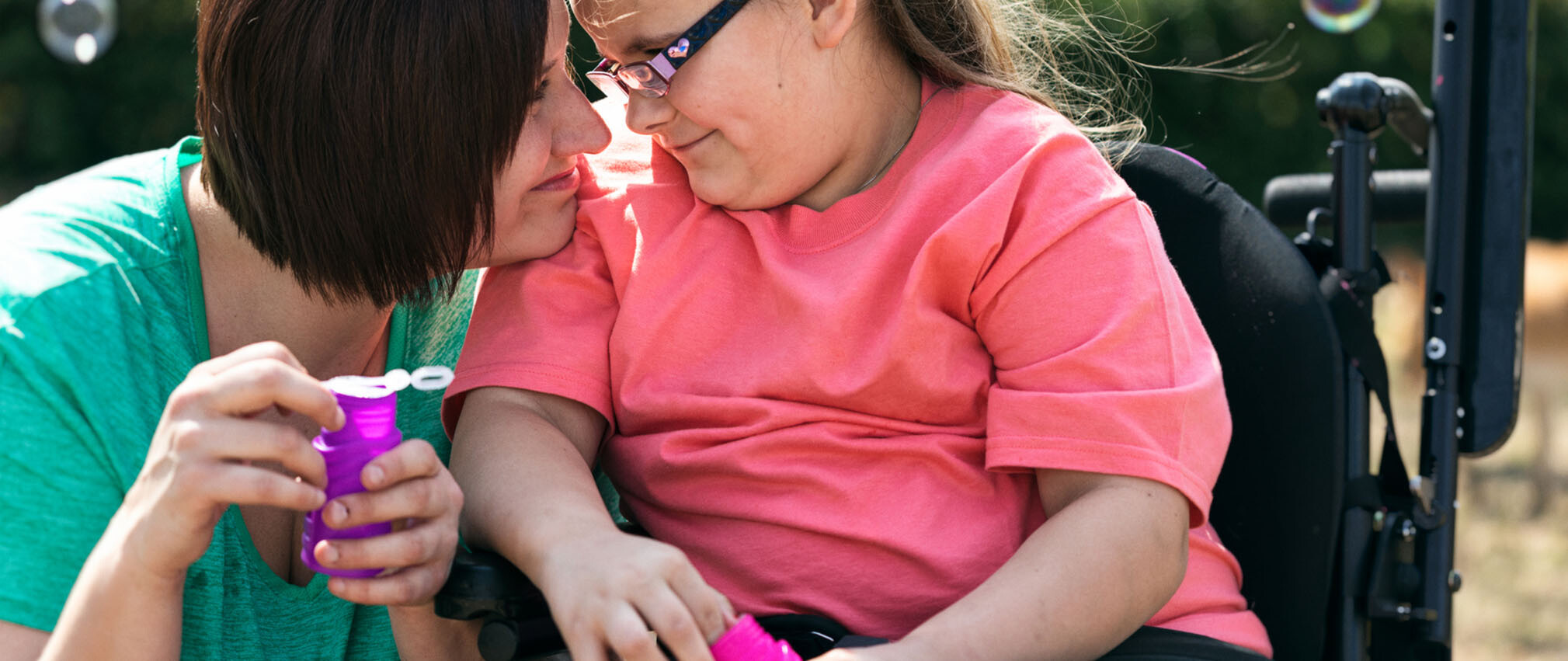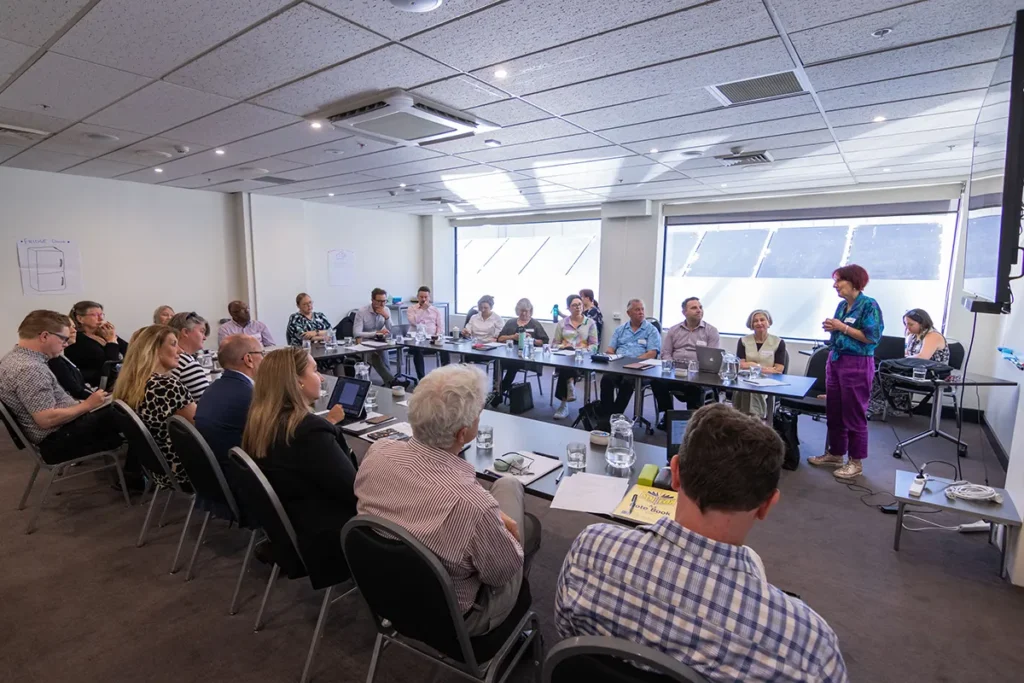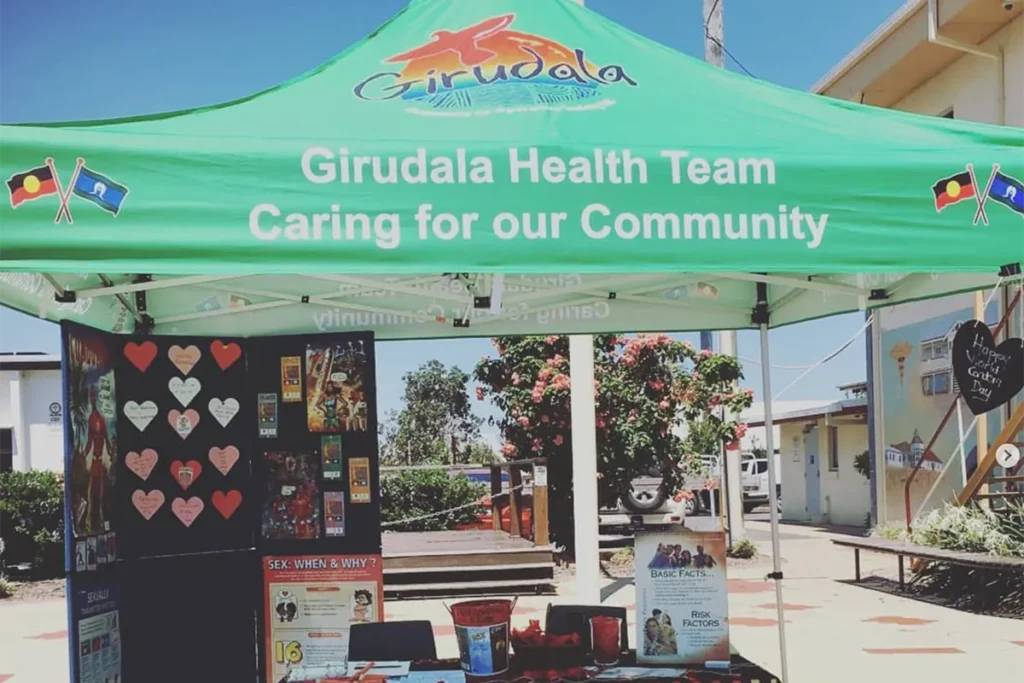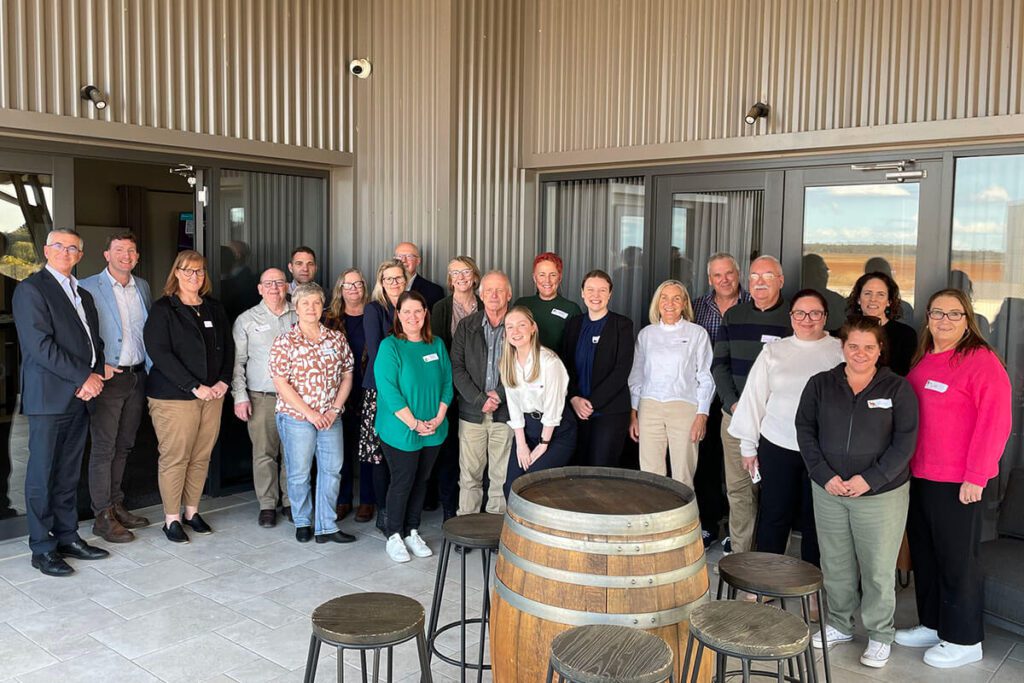Better Health for the Bush
A novel approach to healthcare is injecting new hope in New England

Glen Innes Health Hub
November 2023 update
A Better Health for the Bush Initiative
The Hunter New England Central Coast Primary Health Network (HNECC PHN or the PHN) exists to enhance accessibility and equity of access to primary health care services to the community.
In partnership with the Local Health District and The University of New England, the PHN has developed the “Better Health for the Bush” Framework. The framework has two models of care; the Comprehensive Approach for Rural Engagement (CARE) Model; and the Small – Town Engagement (STEM) Model. These models can be tailored and adapted to different rural communities and their needs.
The place-based and patient-centred CARE model will be piloted through the introduction of the Glen Innes Health Hub.
The Glen Innes Health Hub will look to establish a rural multi-disciplinary health team consisting of General Practitioners, Allied Health Clinicians, Nurses, Medical and Allied Health students, Clinical Assistants and Care Navigators.
The delivery of primary health care services will be provided through face-to-face and/or a hybrid of face-to-face and telehealth services. To ensure holistic patient care, a care navigator will connect patients with external health services: specialists, hospitals, pharmacies, and social services. This empowers patients to better understand how to navigate the health and social services system.
The model also incorporates a medical and allied health student pipeline provided through the University of New England Faculty of Health and Medicine. This will allow students to undertake their placements and deliver primary care under appropriate regulatory supervision.
The Health Hub will leverage innovative, digitally enabled solutions. This forward-thinking approach aims to create a sustainable and supportive environment for health care providers and will assist in improving equity of access.
This model also involves implementing a co-operative, member owned, not-for-profit governance structure to foster community ownership and investment. This will also allow the service to evolve to meet the changing health needs of the region, whilst being stable and economically viable.
The local consultation process around this innovative model of care began in 2019 in collaboration with Hunter New England Local Health District (HNE LHD), local Glen Innes GPs, other local health professionals and community stakeholders.
An Innovative Models of Care (IMOC) Program, Department of Health and Ageing Grant of $1.5 million, has enabled the model to be piloted in Glen Innes over 2023-2027.
Intensive community consultation is continuing and with an approximate Health Hub opening in the second half of 2024.
Glen Innes CARE Co-operative launches
May 2025 update
The Glen Innes CARE Co-operative Ltd has officially become the second project co-operative established under the Care Together program, continuing the momentum of empowering local communities to lead and deliver essential services.
Backed by the Better Health for the Bush framework, an initiative of the Hunter New England Central Coast Primary Health Network (HNECC PHN) to pilot the Comprehensive Approach to Rural Engagement (CARE) model. It’s designed to deliver locally tailored, place-based and patient-centred care.
The Glen Innes CARE Co-operative will be member-owned, not-for-profit and driven by the shared vision of local people, service providers and partner organisations to create sustainable, long-term solutions to rural health challenges.
In the news
The launch of GP services and the co-operative model has generated strong media interest across the region:
- NBN News – Healthcare closer to home: More GP services for Glen Innes
- 7 News – Facebook Video Report
- New England Times – GP services coming to the Glen Innes Health Hub
- Glen Innes News – New GP services launch at Glen Innes Health Hub
As the second Care Together co-operative, Glen Innes is showing what’s possible when communities are supported to lead. The Glen Innes CARE Co-operative will continue to grow membership, build local capacity and adapt services to meet the changing health needs of the region.
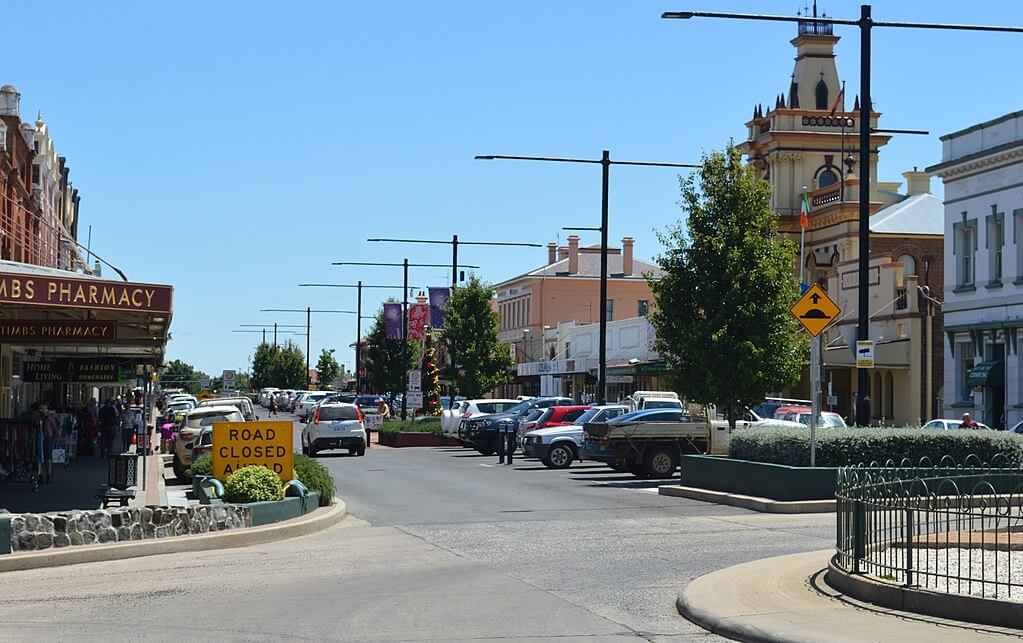

Hear from Better Health for the Bush
Dr Alison Koschel, Executive Manager Populations, Access and Performance, Hunter New England Central Coast Primary Health Network (HNECC PHN), shared:
“One of the biggest things we’ve learned is the community needs to be engaged, the community needs to buy into this, and the community needs to own it.”
“We’ve had many reminders that the solution without engaging the community will give us the same as we’ve already got.”
“We can’t keep going with the same approach we’ve had with general practice. We know that it’s been getting worse over the last 40 years and if we continue to do the same, we’ll continue to get the same.”
“The change we want to see is to think differently and provide an innovative approach to address this crisis, to join up health and social care and put the community first.”
“We have a vision for a hub that’s a central focus point of primary healthcare, where everyone feels welcome, and their needs are met.”
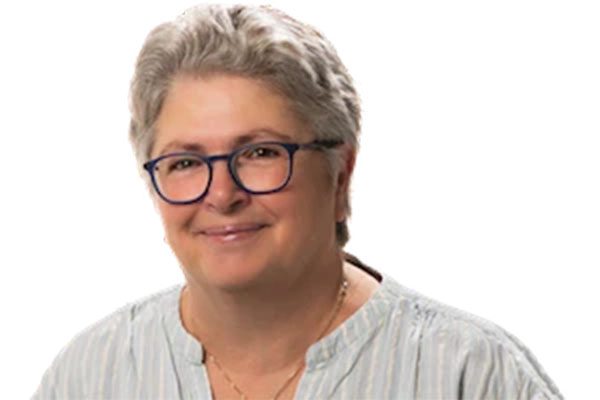
– Dr Alison Koschel, HNECC PHN
Related projects
Care Together is supporting the establishment of new co-operative and mutual enterprises that provide sustainable workforce solutions in areas where current approaches are not working. Explore more Care Together projects.
Are you working on a community-led care solution where you live?
